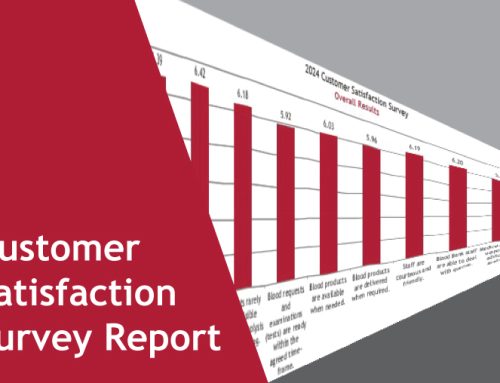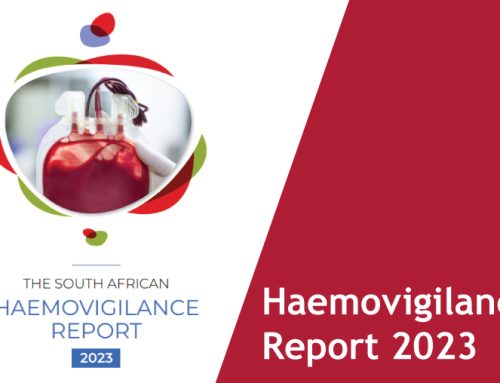Blood Donor News
In our blood donor corner, you can learn about new deferral criteria for donors with low ferritin results, an amendment to the senior donor programme, and listen to our podcast interview about the difference between haemoglobin and ferritin testing in blood donors.
The Western Cape Blood Service (WCBS) currently measures the ferritin levels of people who complete a blood donation with the main purpose of identifying iron deficiency from regular blood donation. A policy has recently been implemented where donors with ferritin levels below 6 ug/l are prevented from donating blood for six months to prevent further depletion of their very low iron stores. The ferritin value is sent by SMS to the donor with the recommendation to communicate the result to their doctor for investigation.
Blood donors, 66 years and older may now continue to donate every two months, if they are in good health and meet all donation acceptance criteria. Our previous policy was to reduce blood donation frequency in senior donors to four times a year, but the regular measurement of ferritin levels negates this precautionary measure.
To find out more about how WCBS monitors that our donors maintain a healthy haemoglobin and ferritin level, listen in to The Life Blood Podcast #3: What is the difference between haemoglobin and ferritin? – available on YouTube and Spotify.
For more information about donation acceptance criteria, contact Dr Caroline Hilton, Lead Medical Consultant (caroline@wcbs.org.za).





